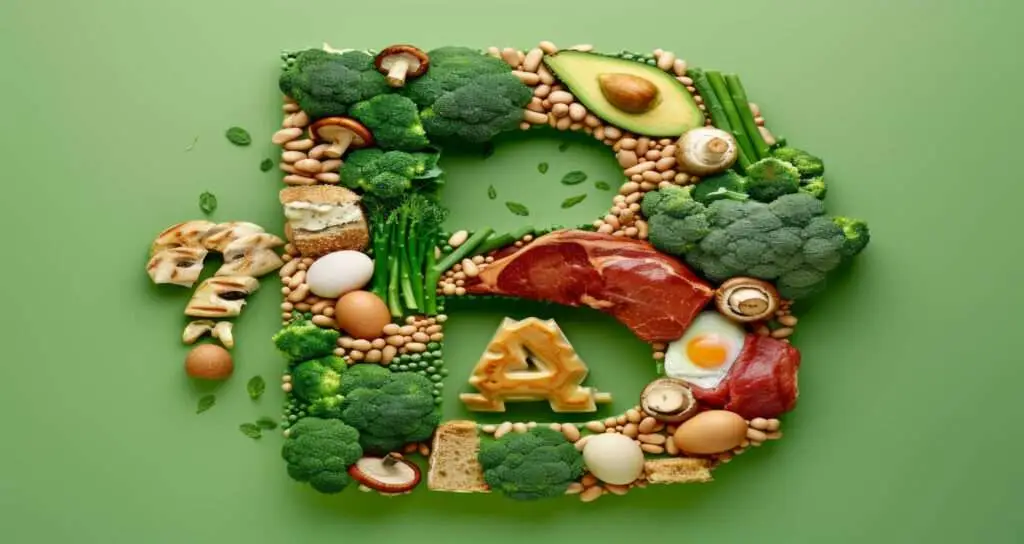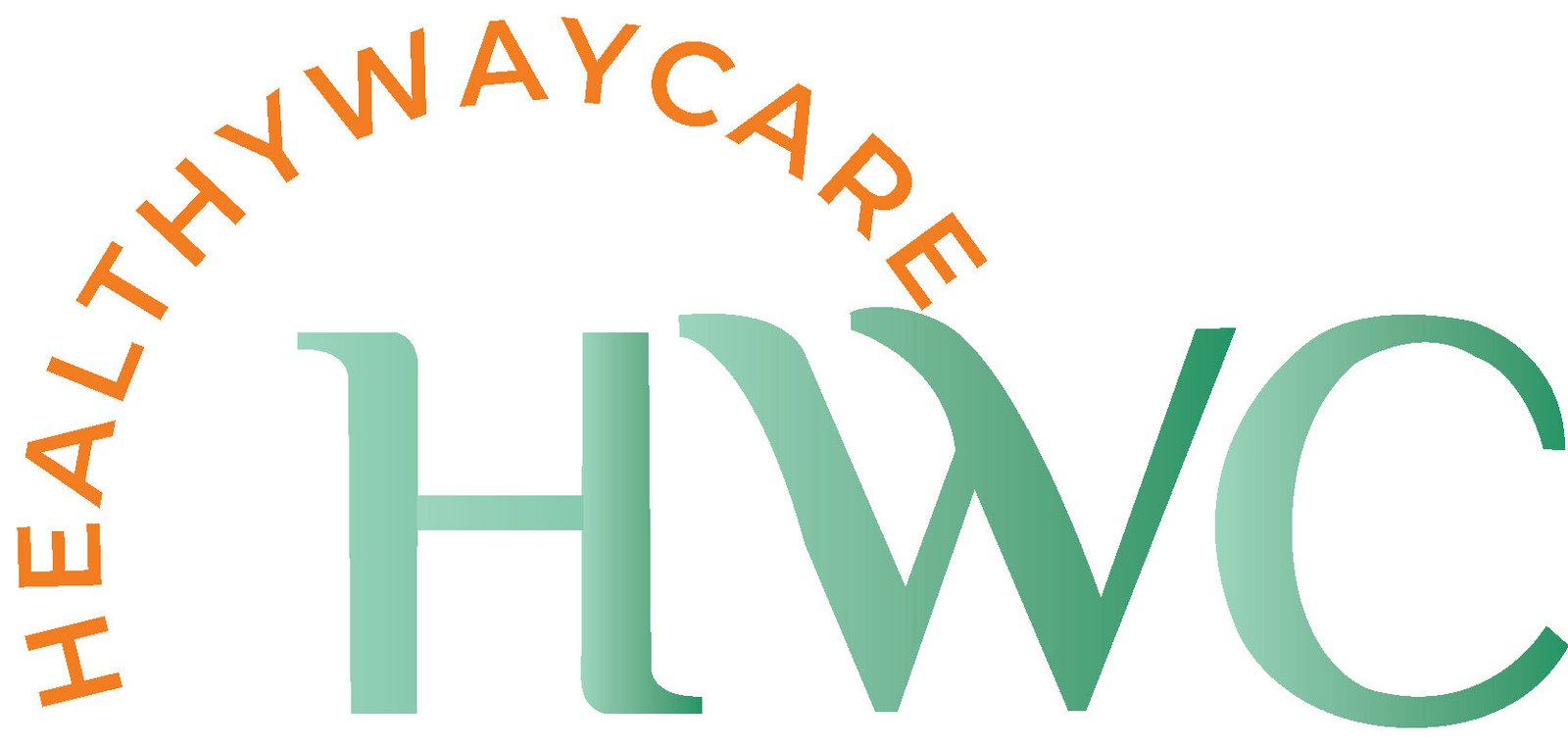Explore vitamin B benefits, sources, deficiency risks, rich foods, and side effects. Learn how much vitamin B is too much and its impact on health.
When you hear “Vitamin B,” you might think of just one nutrient. In reality, it’s a complex family of essential vitamins that play crucial roles in your body. But what exactly are the benefits of vitamin B, and how can you ensure you’re getting enough from vitamin B-rich foods? Let’s dive into everything you need to know about vitamin B benefits and more
Table of Contents
What Are B Vitamins?
B vitamins are a group of water-soluble vitamins that each play unique roles in maintaining your health. There are eight B vitamins in total, and they work together to support various bodily functions, from energy production to maintaining healthy brain function.
The Eight Types of B Vitamins
Each B vitamin serves a specific purpose, but they often work together to optimize bodily functions. Below is a breakdown of their roles:
- Vitamin B1 (Thiamine): Supports carbohydrate metabolism and the nervous system, ensuring your body efficiently converts food into energy.
- Vitamin B2 (Riboflavin): Plays a role in energy production and helps maintain healthy skin and eyes.
- Vitamin B3 (Niacin): Promotes good cholesterol levels, improves skin health, and supports digestive system function.
- Vitamin B5 (Pantothenic Acid): Essential for synthesizing hormones and metabolizing fats and carbohydrates.
- Vitamin B6 (Pyridoxine): Important for brain development, immune system health, and neurotransmitter synthesis.
- Vitamin B7 (Biotin): Known for enhancing hair, skin, and nail health, while also playing a role in macronutrient metabolism.
- Vitamin B9 (Folate/Folic Acid): Critical for DNA synthesis, cell growth, and proper fetal development during pregnancy.
- Vitamin B12 (Cobalamin): Vital for red blood cell formation, neurological health, and DNA production.
Understanding Vitamins: A Guide to Vitamin A, C, D, E, K & B Vitamins
Key Benefits of B Vitamins
Boosting Energy Levels
B vitamins, particularly B1, B2, B3, B5, and B7, help convert carbohydrates, fats, and proteins into usable energy, keeping you active throughout the day.
Supporting Brain Function
Vitamins B6, B9, and B12 play crucial roles in cognitive health by supporting neurotransmitter production and reducing the risk of cognitive decline with age.
Enhancing Mood
Vitamin B6 is linked to the production of serotonin, the “feel-good” hormone, which helps regulate mood and alleviate symptoms of depression.
Promoting Heart Health
Vitamins B6, B9, and B12 help lower homocysteine levels in the blood, reducing the risk of heart disease.
Improving Skin, Hair, and Nail Health
Biotin (B7) is especially praised for strengthening hair and nails and promoting radiant skin.
Supporting Pregnancy and Fetal Development
Folate (B9) is essential during pregnancy to prevent neural tube defects in developing fetuses. Pregnant women require higher levels of this vitamin.

Rich Sources of B Vitamins
Animal-Based Sources
- Meat and Poultry: Chicken, turkey, beef, and pork are excellent sources of B1, B2, B3, B6, and B12.
- Seafood: Fish such as salmon, tuna, and mackerel provide a variety of B vitamins, particularly B12 and niacin (B3).
- Dairy Products: Milk, cheese, and yogurt are rich in riboflavin (B2) and pantothenic acid (B5).
Plant-Based Sources
- Whole Grains and Legumes: Brown rice, oats, lentils, chickpeas, and beans are excellent sources of several B vitamins.
- Fruits and Vegetables: Bananas, avocados, spinach, broccoli, asparagus, and oranges are rich in B6 and folate (B9).
- Mushrooms: Contain notable amounts of riboflavin (B2) and niacin (B3).
Fortified Foods
Many cereals, breads, and plant-based milk alternatives are fortified with B vitamins, making them excellent options for vegans and vegetarians.
Recognizing Vitamin B Deficiency
Deficiency in B vitamins can manifest as a variety of symptoms, including:
- Fatigue and Weakness: Caused by insufficient B1, B2, or B12, which impairs energy production.
- Anemia: Linked to deficiencies in B9 and B12, resulting in reduced red blood cell production.
- Neurological Symptoms: Tingling or numbness in extremities may indicate low B12 levels.
- Skin Issues: A lack of riboflavin (B2) or biotin (B7) can lead to dry, flaky skin and brittle hair or nails.
People with medical conditions like Crohn’s disease or celiac disease, older adults, and vegans are at higher risk of deficiencies.
How Much Vitamin B Do You Need?
Recommended daily intakes (RDIs) vary depending on age, gender, and life stage. Here’s a general guide:
- Vitamin B1: 1.1–1.2 mg
- Vitamin B2: 1.1–1.3 mg
- Vitamin B3: 14–16 mg
- Vitamin B5: 5 mg
- Vitamin B6: 1.3–2 mg
- Vitamin B7: 30 mcg
- Vitamin B9: 400 mcg (600 mcg during pregnancy)
- Vitamin B12: 2.4 mcg
These amounts can typically be met through a well-balanced diet.
Can You Have Too Much Vitamin B?
Since B vitamins are water-soluble, excess amounts are generally excreted in urine. However, over-supplementation may lead to side effects, such as:
- Vitamin B3: High doses can cause flushing, liver damage, or gastrointestinal discomfort.
- Vitamin B6: Excessive intake over time can lead to nerve damage or numbness.
It’s always advisable to consult a healthcare professional before starting any supplements.
Incorporating B Vitamins into Your Diet
- Breakfast: Include fortified cereals, whole-grain toast, or eggs to start your day with a dose of B vitamins.
- Lunch: Add a spinach or kale salad with avocado and chickpeas for a folate boost.
- Dinner: Enjoy grilled salmon or chicken alongside quinoa and steamed broccoli for a balanced meal rich in various B vitamins.
Who Needs More Vitamin B?
Certain groups may need more vitamin B:
- Pregnant Women: Folate is essential for fetal development.
- Older Adults: B12 absorption decreases with age.
- Vegetarians/Vegans: May lack B12, found primarily in animal products.
The Importance of B Vitamins in Everyday Life
B vitamins are indispensable for maintaining physical energy, emotional balance, and overall health. By consuming a variety of B vitamin-rich foods, you can support critical processes like metabolism, brain function, and cardiovascular health.
Whether through animal products, plant-based foods, or fortified options, ensuring adequate intake of B vitamins can help you thrive and avoid potential health issues related to deficiency. With their versatility and vital roles, B vitamins truly deserve a place in your daily diet.
Myths About Vitamin B You Should Know
- Myth: “You can’t have too much B vitamins.” While water-soluble, excessive intake can still lead to issues.
- Myth: “Only meat contains vitamin B.” Many plant-based foods are rich in certain B vitamins.
Conclusion
Ensuring an adequate intake of vitamin B is essential for maintaining overall health. From boosting energy to supporting brain health, vitamin B benefits are wide-ranging. Eating a balanced diet with vitamin B-rich foods can help you stay healthy and vibrant.
What are some vitamin B-rich fruits and vegetables?
Bananas, avocados, spinach, and broccoli are great sources of various B vitamins.
How much vitamin B is too much?
While it’s hard to overdose through food, excessive supplementation can lead to side effects like nerve damage.
What are common side effects of too much vitamin B?
Digestive issues, nerve problems, and skin rashes may occur from excessive intake.
Can I get enough vitamin B from a plant-based diet?
Yes, but you might need to supplement vitamin B12, as it’s mainly found in animal products.


I am really impressed along with your writing abilities and also with the structure to your weblog. Is this a paid theme or did you modify it your self? Either way keep up the excellent quality writing, it’s uncommon to look a great blog like this one nowadays!